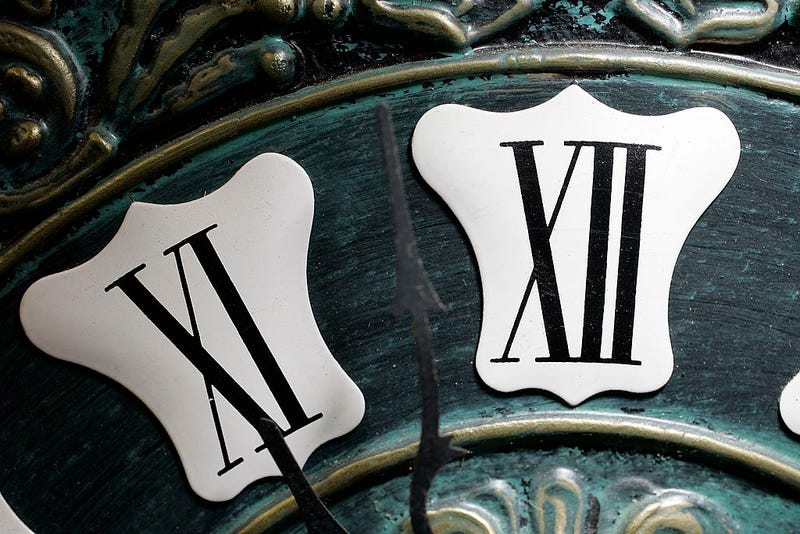
Despite the confusion from many who didn’t know whether or not we would have to change our clocks once again, the biannual tradition of moving the dial an hour back and forward is set to continue, at least for now.
Last year Americans were left shocked after the Senate unanimously passed a bill introduced by Sen. Marco Rubio (R-FL) that would permanently move the country to daylight saving time. However, the bipartisan momentum came to an end shortly after, as the bill died in the House.
For now, Americans — except for those in Hawaii and Arizona — will still have to lose an hour of sleep in the spring and regain it in the fall, but lawmakers like Rubio are continuing to try and end the practice.
At the state level, at least 19 state legislatures have passed laws looking to make daylight saving time permanent, the National Conference of State Legislatures has shared.
States to pass or enact legislation include Alabama, Colorado, Florida, Georgia, Louisiana, Ohio, Oregon, South Carolina, Tennessee, and Utah. However, in order to actually ditch the switch, they would need congressional approval or their neighboring states to enact similar legislation, The Hill reported.
Under current federal law, there are only two ways for the United States to move permanently to daylight saving time. Either federal law is enacted, or a state or local government completes a detailed report about why the change “would serve the convenience of commerce.” The report would then be submitted to the U.S. Secretary of Transportation’s office.
There have been other states to discuss or partially pass legislation seeking to abandon the time switch, including Arkansas, Massachusetts, Iowa, Oklahoma, Kentucky, Mississippi, Nebraska, New Mexico, and Texas. Each of these nine states has had differing situations, ranging from studies being commissioned, to legislation being introduced and voted on.
While states that have taken action continue to wait, Sen. Rubio is once again pushing for the time change at the federal level. Rubio recently reintroduced his bill in a new piece of legislation called the Sunshine Protection Act of 2023.
The bill has again received bipartisan support in the Senate and has been referred to the Committee on Commerce, Science, and Transportation.
If the bill is passed in Congress and signed by President Joe Biden, we wouldn’t regain the hour lost on Sunday morning, as March 12, 2023, would be the last time we need to switch our clocks.
However, it is important to note that some experts have spoken out against the bill, saying that lawmakers have chosen the wrong time switch, saying standard time is what the country should remain on.
Experts like Dr. Elizabeth Klerman from Harvard Medical School told CNN last fall, after Rubio introduced his first bill, saying moving an hour ahead permanently isn’t for the best.
“I’m one of the many sleep experts that knows it’s a bad idea,” Klerman, a professor of neurology in the division of sleep medicine, said.
Experts like Klerman have pointed to studies published over the last three decades that show that the one-hour change can have a massive disruption on our body’s rhythms. Many say that standard time is more in tune with the Earth’s natural rotation and better for our overall health.
While it is still unexpected what will happen to the new law, this time around, Republicans have control of the House, which could bode well for Rubio’s proposal.
LISTEN on the Audacy App
Sign up and follow Audacy
Facebook | Twitter | Instagram

